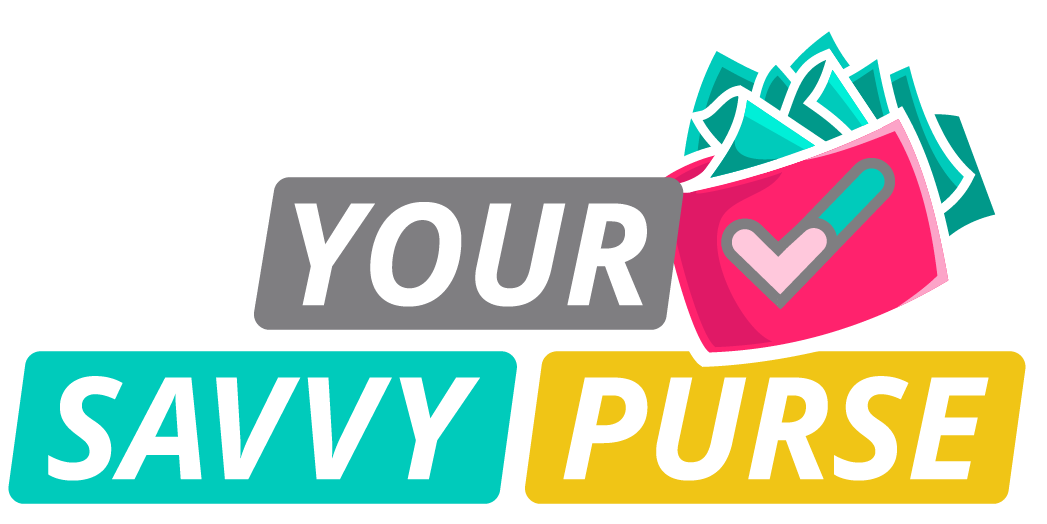If you’re struggling with poor credit, you’re not alone. Many people face credit challenges at some point in their financial journey, and it can feel like a never-ending cycle. The good news is that repairing your credit is absolutely possible, and there are a variety of strategies you can use to improve your credit score and get back on track. Here are some solid options to consider when looking to repair your credit.
1. Check Your Credit Report for Errors
The first step in any credit repair process is to check your credit report. You’re entitled to a free copy of your credit report from each of the three major credit bureaus—Equifax, Experian, and TransUnion—once every 12 months through AnnualCreditReport.com. Review your report carefully for any errors or inaccuracies that could be dragging down your score.
Common errors may include incorrect late payments, duplicate accounts, or incorrect personal information. If you spot any mistakes, dispute them with the credit bureau directly. Fixing these errors could have a significant impact on your credit score.
2. Pay Down High-Interest Debt
High-interest credit card debt can be one of the biggest contributors to a low credit score. The more debt you have relative to your credit limits, the more it can negatively affect your score. Start by focusing on paying down high-interest debt first to reduce your credit utilization rate (the percentage of your available credit that you’re using).
A good strategy to reduce debt quickly is the debt avalanche method, where you pay off the highest-interest debt first while making minimum payments on your other accounts. Once the highest-interest debt is paid off, you move on to the next one. Another option is the debt snowball method, where you pay off your smallest balance first, gaining momentum as you go.
3. Consider a Secured Credit Card
If you’re having trouble qualifying for a regular credit card due to poor credit, a secured credit card can be a great option. With a secured card, you deposit a cash amount as collateral, which acts as your credit limit. Using the card responsibly and paying your balance in full each month can help improve your credit score over time.
A secured credit card works similarly to a regular credit card, but because it’s backed by your deposit, it carries less risk for lenders. Many people with bad credit find that using a secured credit card is an excellent way to rebuild their credit without taking on more risk.
4. Become an Authorized User
If you have a family member or close friend with a good credit history, you might want to consider asking them to add you as an authorized user on one of their credit cards. When you’re added as an authorized user, the credit card’s history—both positive and negative—becomes part of your credit file.
If the primary account holder has a good payment history and a low credit utilization ratio, this can positively impact your credit score. However, keep in mind that the impact is only beneficial if the account holder continues to manage the card responsibly.
5. Settle or Negotiate Debts
If you have debts that have gone to collections, you may be able to negotiate a settlement or work out a payment plan with your creditors. Often, creditors would rather settle for a lower amount than risk not getting paid at all. You can offer a lump sum payment for less than the total debt owed or arrange for a reduced monthly payment plan.
If you settle a debt for less than the full amount, make sure to get written confirmation that the debt has been marked as “settled” or “paid in full” on your credit report. Keep in mind that while settling a debt can help relieve financial pressure, it may still have a negative impact on your credit score initially.
6. Consider Credit Counseling
If your credit situation feels overwhelming, it might be worth seeking help from a credit counseling service. Credit counselors are financial professionals who can help you develop a plan to manage your debts and improve your credit. They can assist with budgeting, negotiating with creditors, and consolidating your debts into a single, manageable payment.
Look for a reputable nonprofit credit counseling agency, as some for-profit companies charge high fees or engage in questionable practices. The National Foundation for Credit Counseling (NFCC) is a good place to start when looking for certified counselors.
7. Explore a Debt Consolidation Loan
For those with multiple credit cards or loans, a debt consolidation loan can be a useful tool. By consolidating your debts into one loan with a lower interest rate, you can simplify your payments and potentially save money on interest over time. Additionally, having just one monthly payment could make it easier to stay organized and avoid missed payments.
Keep in mind that consolidation loans may require a decent credit score, and you should be cautious about high fees or interest rates. Be sure to compare loan terms from multiple lenders before committing.
8. Build Positive Credit History Over Time
Ultimately, the most reliable way to repair your credit is by building a positive credit history. This requires consistently making on-time payments and managing your debts responsibly. Over time, the impact of any negative information on your credit report will lessen, and your positive behavior will have a greater influence on your score.

Final Thoughts
Repairing your credit won’t happen overnight, but by following the right strategies and staying committed to improving your financial habits, you can achieve a healthier credit score. Whether you choose to dispute errors, settle debts, or use tools like secured credit cards, there are plenty of options to help you get back on track.
Remember, credit repair is a marathon, not a sprint. With patience and the right approach, you can take control of your credit and unlock better financial opportunities in the future.



